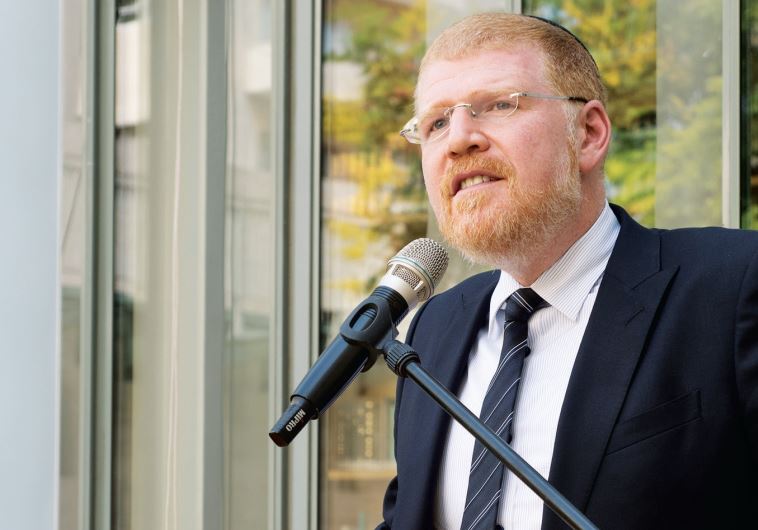The Beit Avi Chai approach
Rozenson soon realized that if he was going to make genuine headway with Russian Jewry he would have to adopt a somewhat left-field angle.
 David Rozenson took on the Beit Avi Chai mantle two-and-a-half years ago(photo credit: MAOZ VAYSTOOCH)
David Rozenson took on the Beit Avi Chai mantle two-and-a-half years ago(photo credit: MAOZ VAYSTOOCH)